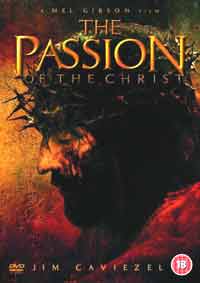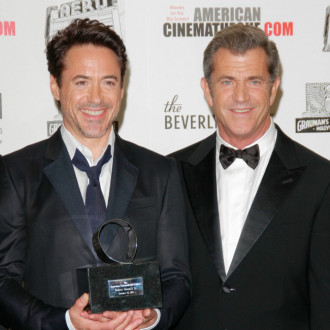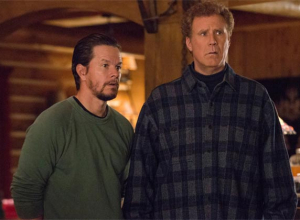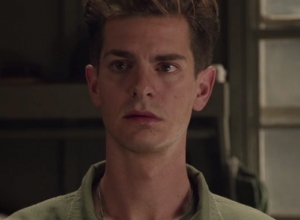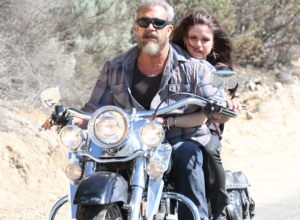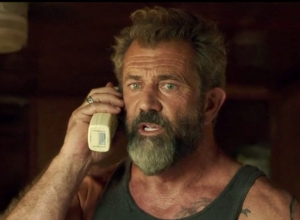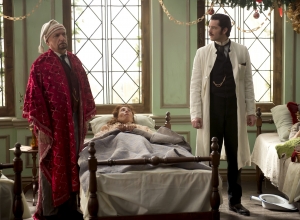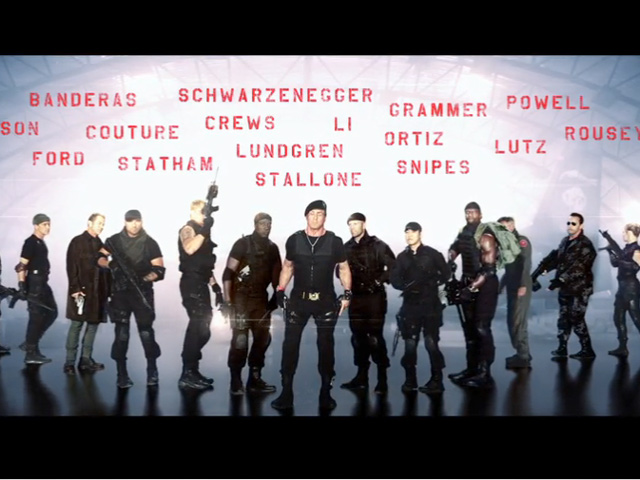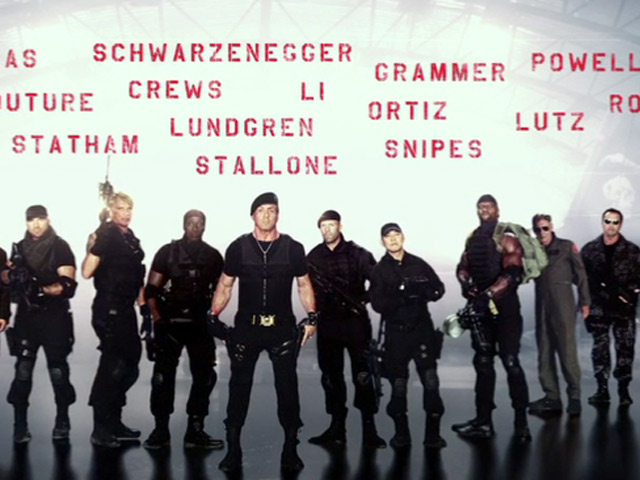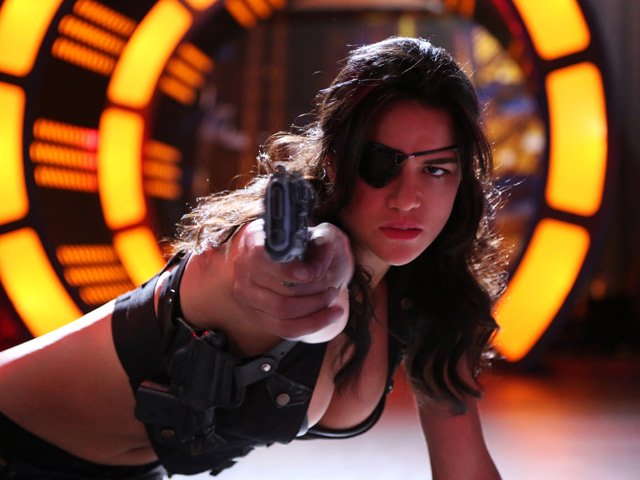The Passion of The Christ
| |
The Passion of The Christ DVD Review | |
|
through the streets of Jerusalem and a peasant father who has a religious epiphany by helping the now beaten bloody Jesus carry said cross. Aside from a few people crying as Jesus is dragged past them, that's about it. Everyone else in this film seems to be a villain -- be they Roman guards who laugh maniacally (like James Bond movie henchmen) while whipping Jesus until his shredded skin looks like bloody, lumpy oatmeal, or be they Jewish hoards whipped into a frenzy by temple leaders, or be they the viciously evangelical rabbis themselves, whose spiteful rhetoric against his "heresy" sounds an awful lot like what still to this day comes from behind some pulpits and political podiums. This may not be what Gibson intended, but far from being anti-Semitic (as some have charged, sight unseen), "The Passion of The Christ" serves as a powerful condemnation of any organized religion that aspires to governance or allows its clerics to preach contempt, espouse a "we're right, you're wrong" world view, and whip sheepish followers into a frenzy instead of encouraging people to think for themselves. Gibson has a potent creative vision in this subtitled (the actors speak Latin and Aramaic), self-financed ($25 million) Biblical epic that portrays the last hours of Jesus's life, beginning with his betrayal by Judas, then following the prophet's every blood-soaked footstep as he is arrested as a heretic and tortured by the Pharisees and the Romans. Gibson's sparse, vivid period imagery is as striking and majestic as it is imposing and severe. As a director he is fearless and unflinching in his depiction of the brutality visited upon Jesus (played with compelling, gut-wrenching devotion by the innately intense James Caviezel) from those who feared the man's teachings and those who tortured as a matter of routine. For the unforgiving roles of the Virgin Mary and Mary Magdalene, he's chosen two gifted actresses (Romanian theater star Maia Morgenstern and Italian beauty Monica Bellucci) who create tangible characters through a non-stop flood of tears. And a cast of uniformly commanding European actors play pivotal Romans, Disciples and Pharisees. The film's most riveting scenes are those in which Caviezel stands before Hristo Naumov Shopov (as Pilate) and Matt ia Sbragia (as Caiphas, the High Priest who demands Jesus be crucified) bloodied and in chains, defying them and pronouncing his faith. But "The Passion" provides very little insight into Jesus as a man and barely touches on his teachings in brief flashbacks. The movie is unlikely to deeply affect anyone who is not already a dutiful churchgoer since it assumes a working knowledge of the story (many characters, including Mary Magdalene, are never identified) and often resorts to Hollywoody dramatic shorthand (a bald, sunken-eyed woman portraying Satan lingers in the background of many scenes). And Gibson seems always to equate vehemence with slow motion photography. Any scene without dialogue in this picture has about a 75-percent chance of being filmed at one-quarter speed. When Judas catches the pouch of 30 silver pieces, it's in slow-mo. Each of the half-dozen times Jesus stumbles while carrying the cross, the fall takes 30 seconds and ends with a reverberating thud on the soundtrack as he hits the chalky ground and the overkill orchestra (a staple of Biblical flicks) swells to a fevered pitch. Each crack of a Roman soldier's whip is agonizingly elongated, each stigmatic nail gets drawn out in gory close-ups and every time Jesus raises his bloodied head in agony or dignity, it's played so dramatically that such moments almost lose their effect. But not quite. Even with these faults, "The Passion of The Christ" sears with exhausting poignancy that makes Jesus's torment incredibly immediate, and the film's reviling of the narrow-minded philosophies that brought suffering upon him is a humbling reminder that there is absolutely no excuse for mob mentality or ideological coercion of any kind, be it the Crusades (undertaken in Jesus's name), McCarthyism, modern Middle East theocracies or attempts to blur the line between church and state. |
